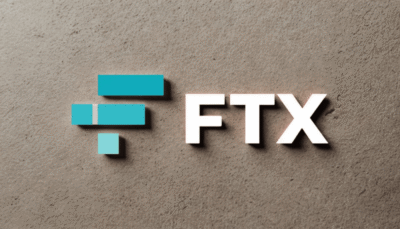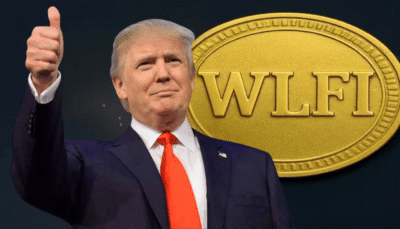Tether CEO Paolo Ardoino has defended the company’s massive U.S. Treasury holdings, arguing that its investment strengthens American debt resilience even as the stablecoin issuer faces increasing regulatory pressure in Europe and the United States.
Speaking at a Bitcoin Policy Institute event on March 11, Ardoino underscored Tether’s financial influence, asserting that its $115 billion in U.S. Treasury securities places it among the world’s largest holders of American debt.
“We are not a country, we are a small company,” he said. “But if we were a country, we’d be the 18th largest holder of U.S. Treasuries.”
Ardoino framed Tether’s role as a stabilizing force, contrasting the company’s decentralized user base with the concentrated decision-making of sovereign debt holders.
“Everyone of our 400 million users is a different brain, a different mind, a different person,”
he said.
“They will not wake up one single day altogether thinking, ‘Oh, now let’s redeem Tether and sell U.S. debt.’”
A Growing Role in U.S. Debt Markets
Tether, the dominant player in the stablecoin market with a 63% market share and a $143 billion market capitalization, has positioned itself as a key participant in the U.S. financial system.
Ardoino emphasized that, unlike large nation-state holders such as China, which has significantly reduced its U.S. Treasury holdings in recent years, Tether’s vast and decentralized user base makes sudden divestment unlikely.
Once the largest foreign holder of U.S. debt with nearly $3 trillion in Treasuries, China has since reduced its position to $770 billion. Ardoino argued that Tether’s distributed ownership structure mitigates risks associated with large-scale, politically driven sell-offs. “With USDT, that cannot happen,” he said.
Despite its expanding footprint in U.S. financial markets, Tether faces mounting regulatory headwinds. European regulators have intensified scrutiny on stablecoins, leading to a wave of delistings from major exchanges.
Binance, Crypto.com, and Kraken have announced plans to stop supporting USDT trading pairs in the European Economic Area by March 31, aligning with new compliance measures under the Markets in Crypto-Assets (MiCA) framework.
Meanwhile, U.S. lawmakers are considering legislative proposals that could further constrain Tether’s operations. A proposed stablecoin bill may block offshore issuers like Tether from accessing U.S. Treasury markets, which could benefit U.S.-based rivals such as Circle’s USD Coin (USDC). If enacted, the bill would likely force Tether to adjust its reserve strategies to maintain access to the American financial system.





